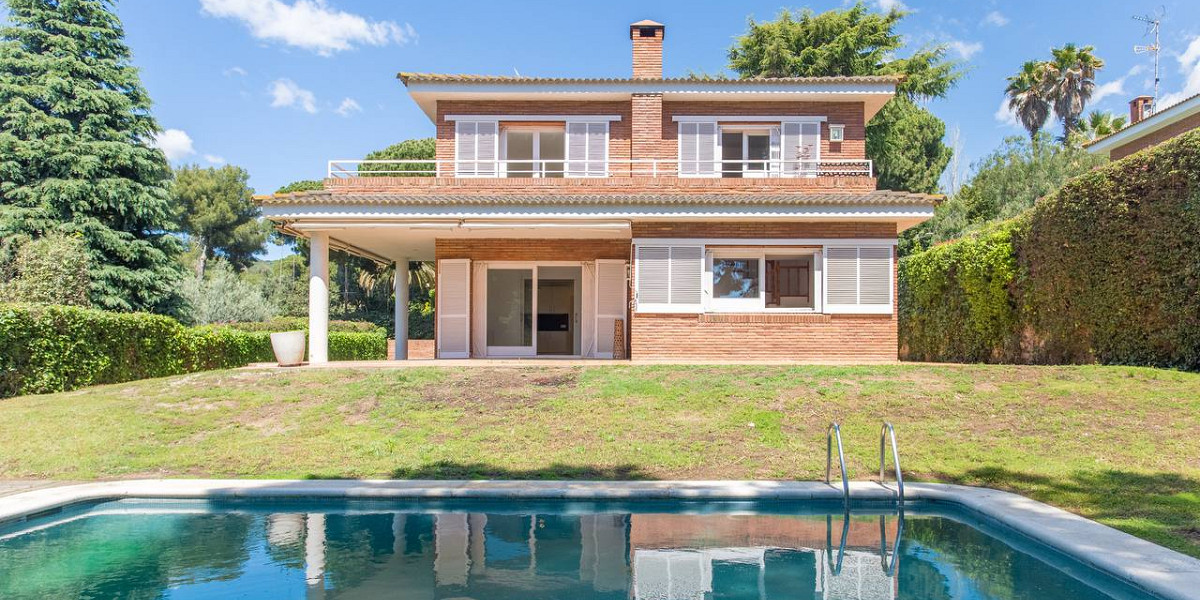Starting April 3, 2025, Spain’s Organic Law 1/2025 will come into force, aimed at expediting evictions of illegal squatters. The reform, introduced through amendments to the Criminal Procedure Law (LECrim), seeks to shorten legal timelines for squatting cases and strengthen property owners’ rights.
Main provisions of the reform
1. Fast-Track legal process
- Squatting cases (*allanamiento de morada* and *usurpación*) will be processed via fast-track trials.
- After an occupant’s arrest, a judge must hold a hearing within 72 hours and schedule a trial within 15 days.
- Previously, such cases could take 4 to 9 months.
2. Types of offenses
Home Invasion (Art. 202 of the Penal Code):
- Applies when a primary residence is occupied. > Karina: Police can act immediately with evidence if the occupation is under 48 hours old.
Property Usurpation (Art. 245 of the Penal Code):
Includes secondary homes, commercial properties, etc. Requires a court order but with shorter deadlines.
3. Reversal of the burden of proof
Squatters must prove legal rights to the property. Failure to participate in proceedings will count against them.
The reform does not apply to tenants who stopped paying rent but entered legally. Civil procedures remain in place for them.
It also excludes individuals in vulnerable situations (e.g., financial hardship), unless violence or intimidation is involved.
Practical implications for property owners
Actions in Case of Squatting:
- For home invasion, contact the police immediately with evidence (photos, ownership documents).
- For property usurpation, file a complaint in court, which must now resolve cases faster.
Penalties for squatters:
- Fines or prison sentences (up to 2 years) if violence or threats occur.
The reform, proposed by PNV and backed by PP, Junts, and Vox, has sparked debate. PSOE, Podemos, and social organizations criticize its potential impact on vulnerable groups. However, figures like Badalona’s mayor, Xavier García Albiol, support it to protect property rights.
Limitations
Applies only to squatting cases after April 3, 2025. Previous cases follow old regulations.
Effectiveness will depend on court workload and practical implementation.
The reform marks progress against illegal squatting, but its success hinges on coordination between authorities and courts. Property owners are advised to act swiftly and seek legal counsel.

